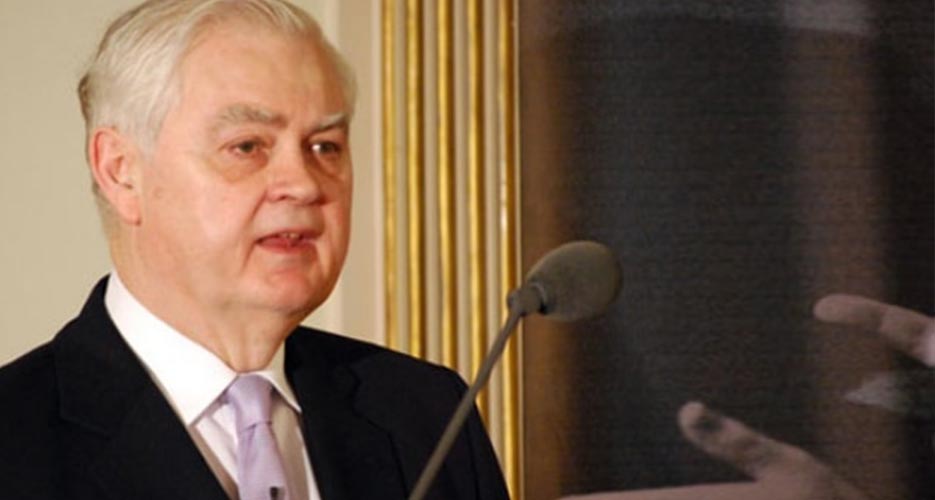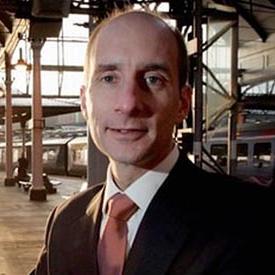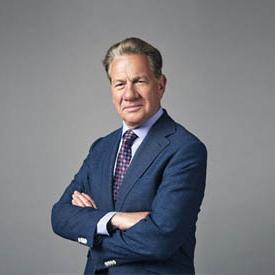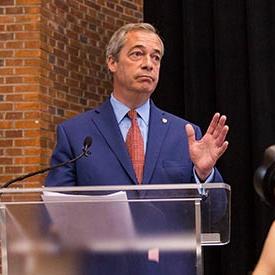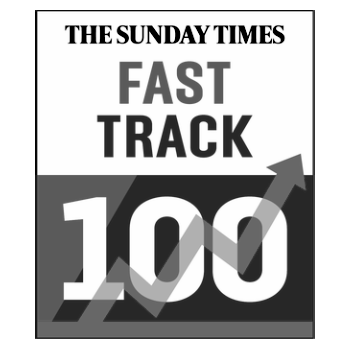Before entering Parliament, Norman worked for investment bank N M Rothschild & Sons and became director of Rothschild Asset Management, giving him extensive knowledge of finance that he can bestow upon his audience as a keynote speaker. Norman successfully won the Kingston-upon-Thames by-election of 1972 to kickstart his career in the House of Commons, going on to serve in successive governments under Margaret Thatcher and John Major for a total of 14 years, in the Departments of Energy, Industry, Defence and the Treasury.
Under Major’s new cabinet, Norman became Chancellor and inherited the ERM as Britain’s exchange rate policy, with the nation’s economy in recession and inflation at its highest level since 1982. The unsustainable policy of the ERM, however, meant that on Black Wednesday, Norman was forced to withdraw the nation’s currency from the system. Growth reassumed in the third quarter of 1992 and a year later, GDP was greater than its pre-recession peak.
Norman also played a key role in the agreement of terms in the Maastricht Treaty, most notably opting out of a single currency union – this decision would prove highly beneficial later during the European bailouts after the global financial crisis of 2008. He was made a life peer in 1998 and sits on the House of Lords Economic Affairs Committee. In addition to this, he is also a Director for RAB Capital, Balli Group plc and an advisor to the Rotch Property Group.

